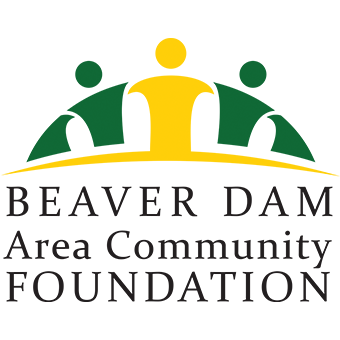Today, the Beav is observing the 205th anniversary of the BATTLE OF BEAVER DAMS! The battle took place during the War of 1812, near Niagara Falls. Unfortunately, US troops were met with defeat after their battle plans were overheard by a Canadian woman who passed the info to the British. Note: during the actual battle, it was Kahnawake & Mohawk Indians who won it for the Brits.
Why did US declare war on Britain?
- Impressment & Trade with France. The British Navy was short-handed during the Napoleonic War, and as a result, they “impressed” US sailors — forcing them to work on British ships. Britain was also impeding US trade with France.
- British support for Indians. Even though Britain signed over the Northwest Territory (Wisconsin, Illinois, Ohio, Indiana, and Michigan) to the US in the Treaty of Paris, Britain was still attempting to encourage the Indians to rise against the Americans and to create an Indian State to serve as a buffer between the US and Canada.
- The US anticipated that Canada would welcome US troops, throw off the shackles of British rule, and eventually seek to join the US.
Why didn’t Britain win the War?
- When the War of 1812 began, Britain was focused on the war against France.
- Early in the war, the US troops were poorly led; however, military leadership dramatically improved toward the end.
- Britain had three significant failures:
- Invading from the North, the Brits were stopped at the naval Battle of Plattsburgh.
- Invading from the middle, the Brits succeeding in torching our Capitol of Washington. However, they couldn’t get past Fort McHenry to reach their goal of Baltimore. (As you might recall, Francis Scott Key wrote the Star Spangled Banner about the defense of Fort McHenry.)
- Invading from the South, the British invasion of New Orleans was repulsed by Jackson’s troops.
Why did US seek Peace?
- Federalists & especially the New England states did not support the war against Britain. (There was even some talk of secession from the Union!)
- Canadians didn’t welcome US troops as liberators, but rather supported the British.
- Indians supported the British.
- The British naval blockade on US harbors was wearing us down.
- As the War with Napoleon ended, Britain stopped the practice of impressing and stopped blockading French ports, so our reason for war mostly evaporated.
Effects of the War
- US Army & Navy were strengthened to the detriment of Indians and Spanish.
- Fighting between US forces and Native Americans continued after the War.
- Spain sold Florida to US in 1819.
- Britain began to treat US as an independent nation.
- The naval blockade on US harbors boosted our Industrial Revolution — since we lacked access to British factories during the war.
- Due to US victories near the end of the war, nationalism surged and the anti-war Federalist Party fell apart.
- Treaty of Ghent left the borders of US and Canada unchanged.
- Two centuries of peace ensued between US, Canada, and Britain.


